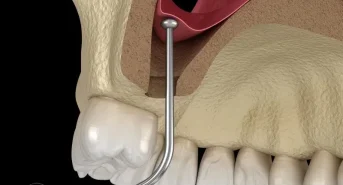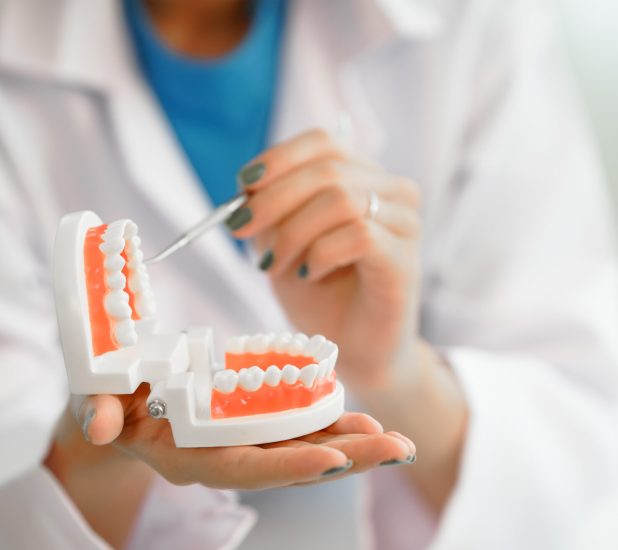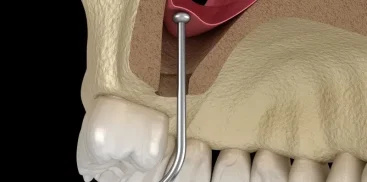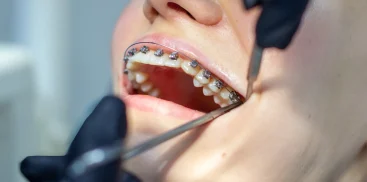What is Tooth Bonding and Why Should You Consider It?
Tooth bonding is a fast, non-invasive procedure that is becoming increasingly popular and receiving numerous positive reviews. But what exactly is bonding and why should you consider this solution?
Bonding relies on the principle of adhesion, eliminating the need for tooth grinding and enamel damage. During this procedure, a dentist applies a special composite resin directly to the teeth, also used in treating cavities. Through adhesion, the composite forms a tight seal, allowing for the correction of minor cavities, cracks, and discolorations while preserving the integrity of the enamel.
The flexibility of the composite offers wide possibilities for correcting the appearance of teeth, allowing the dentist to precisely match the shape and color of the material to the natural shade of your teeth. This achieves a beautiful and natural smile without the need to interfere with the tooth structure. Thus, bonding is an effective solution for individuals wishing to improve the appearance of their teeth in a simple and safe manner.
When Can Bonding Be Done?
Bonding, as a cosmetic procedure, is ideal for minor aesthetic improvements. Here are situations where this procedure is worth considering:
- Masking minor enamel imperfections: If you have minor scratches or other small defects on the surface of your teeth, bonding can effectively conceal them.
- Reducing discoloration: This treatment is an effective way to reduce the visibility of discolorations on the tooth surface, such as stains from coffee or smoking.
- Closing small gaps between teeth: If you have small gaps between your teeth, bonding can help close them, improving smile aesthetics.
- Correcting tooth shape: Bonding can be used to change the shape of teeth, giving them a more harmonious form.
- Temporary smile improvement before prosthetic reconstruction: If you are planning more advanced prosthetic treatment, bonding can temporarily enhance the appearance of your smile, giving you confidence until a full reconstruction is performed.
However, bonding is not suitable for larger tooth defects or significant aesthetic corrections. Additionally, it is not recommended for patients expecting long-lasting effects, as its durability may be limited. It’s also important to remember that bonding can only be applied to healthy teeth. In cases of decay or periodontal disease, these conditions must be treated before undergoing cosmetic procedures.
What Is the Cost of Tooth Bonding?
The cost of tooth bonding may depend on various factors, including the extent of smile correction and the number of teeth involved in the procedure. Typically, it is also recommended to treat all teeth and apply fillings in case of cavities. In our clinic, the price for this procedure is 900 Polish złoty. However, additional costs such as radiological examinations may be added to this price, but you will receive an exact quote during your consultation visit.
Does Health Insurance Cover the Cost of Bonding?
Check if your policy covers these expenses. Health insurance may partially or fully cover the costs associated with bonding. However, it’s important to note that terms and limitations vary depending on the policy. Before opting for this procedure, make sure your health insurance covers it, and whether it covers part or all of the procedure costs.
If you are considering bonding but are concerned about the costs, consult your insurance agent or physician to find out if there is a possibility of coverage through your policy. It’s also worth checking insurers’ offerings on their websites for more information on coverage for bonding costs and other medical procedures.










